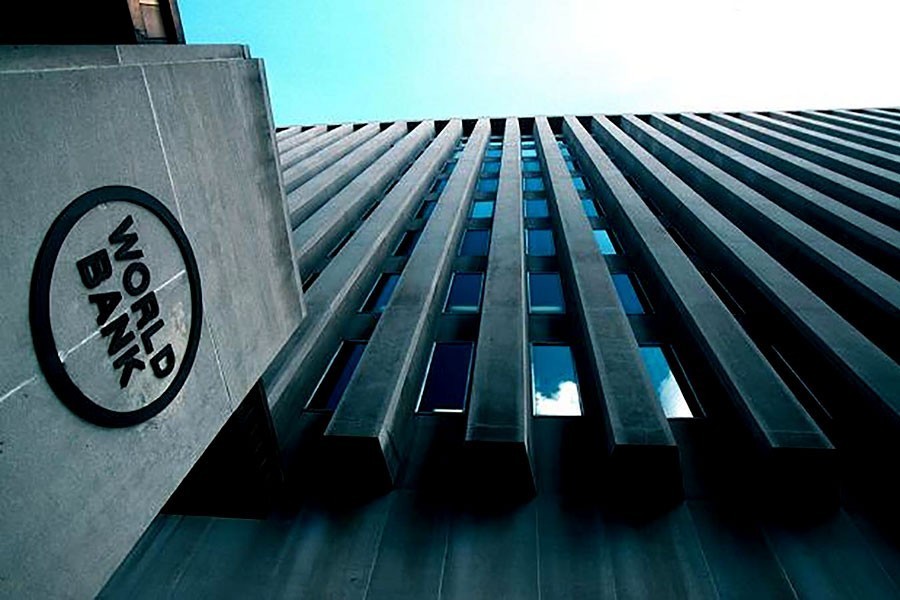The World Bank’s Board of Executive Directors has approved $202 million in additional financing for the Modern Food Storage Facilities Project to increase the storage capacity of Bangladesh’s national strategic grain reserves by 535,500 tons for 4.5 million households.
The project is helping Bangladesh address food insecurity in challenging times, such as frequent climate-induced disasters or crisis situations like the current Covid-19 pandemic, according to a WB release run by news agency UNB.
It is supporting the construction of eight public modern grain storage steel silo complexes for rice and wheat in eight different districts.
On top of current construction work taking place in Ashuganj, Madhupur and Mymensingh, the additional financing will support the construction of rice silos in Dhaka, Narayanganj and Barishal, and wheat silos will be built in Chattogram and Maheshwarpasha.
The additional financing will increase the grain reserve available to households to meet their post-disaster needs and improve the efficiency of grain storage management through an online Food Stock and Market Monitoring System (FSMMS).
The project will also create new job opportunities, especially for women, in the operation and management of silos.
“Nearly 80 percent of Bangladesh’s population lives in rural areas with climate shocks threatening their livelihoods, welfare, and food security,” said Mohammad Anis, Acting World Bank Country Director for Bangladesh and Bhutan.
He said that this modern food storage system, combined with an effective distribution system, will help ensure food security after a natural disaster or during a crisis such as the current Covid-19 pandemic.
The project has already helped to manufacture and distribute 500,000 household air- and water-tight food containers (“household silos”) to poor farmers and women-headed vulnerable households in disaster-prone coastal areas.
This success has led the government to commit to further distribute silos to an additional 300,000 households.
“Currently public food distribution and grain reserves have a total effective capacity of about 2 million tons,” said Christian Berger, World Bank Team Leader for the project.
He mentioned that most of these reserves or ‘godowns’ are in poor condition leading to grain losses in quantity and nutritional value. This project helps improve the efficiency of grain storage management.
The project will reduce grain storage and handling losses in public storage facilities by at least 50 per cent and extend the nutritional value of grain for up to 2 years, instead of the current 6 months.
The credit from the World Bank’s International Development Association (IDA), which provides concessional financing, has a 30-year term, including a five-year grace period.
Bangladesh currently has the largest ongoing IDA programme totalling over $13.5 billion.

- Sunday, 12 January 2025 |
- Today's FE |
- e-Paper |
- Beta Website

